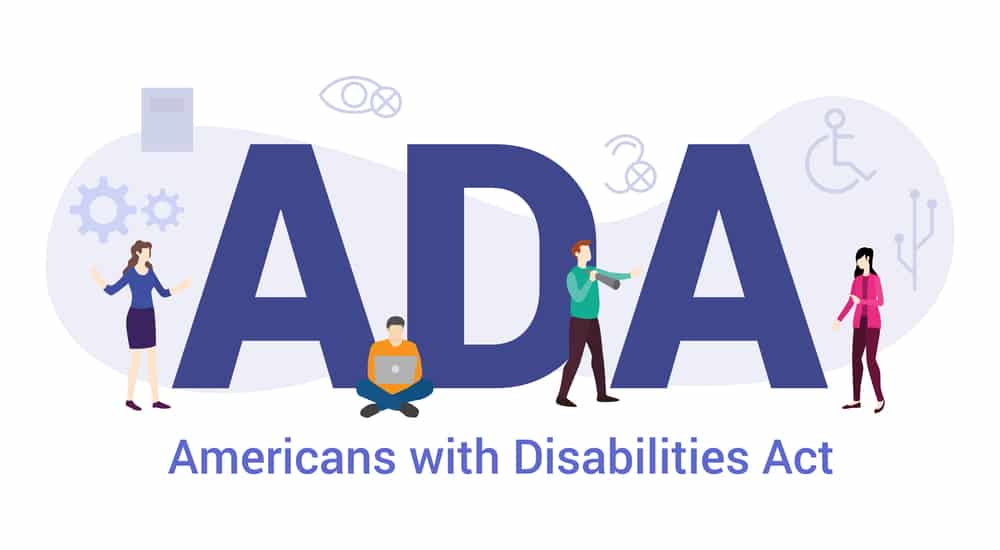Small businesses with employees are must have agreements with their employees. These are vital contracts that ensure the terms of employment are understood by the employee. However, there are several mistakes business owners often make that render employment agreements ineffective.
These are the most common employment agreement mistakes that make employment contracts non-enforceable:
1. Neglecting to Consider Employment Regulations
Employment contracts are generally legally binding, but not if they replace federal or state laws. Additionally, employee rights must be adhered to in all contracts. Before drawing up the terms of the employment agreement of your business, find out which terms are enforceable under a contract by following your state laws. Get legal advice if you are unsure because these laws are often complex.
Non-compete agreements are not legal in some states. In other states, there are restrictions to protect employees leaving your company. Often courts overrule the non-compete terms of a contract if they are considered overly restrictive or unreasonable.
2. Wrongful Employee Classification
It would be best to distinguish between the different types of employees and contract workers you employ. This helps to ensure they are legally treated according to the protections offered by the law. Most employees work full-time or part-time on a fixed-term or as casual workers.
Working fixed hours regularly will result in an employee being considered a permanent employee by the law. An employee can also become permanent if you treat them as a fixed-term employee without having any justification.
Categorizing employees as contractors when they aren’t will place you at risk of getting a heavy fine. Besides the fine, you will have to pay all the other contributions you owe them.
Before drawing up contracts, take the time to read about the differences between the different types of employees or ask someone to explain them to you.
3. Failing Adjust Regulation Changes
Using templates helps draw up employment contracts, but these should be reviewed to ensure they are updated to the newest regulations. Employment laws and general employment conditions are constantly changing. When drafting the employment contract, including the latest rules about your industry. Stay up to date with legislation and update the terms in employment contracts to ensure they are valid.
These changes are vital if you want to retain your employees and attract skilled people to your business. Also, keep in touch with benefits that are currently important to employees. Finally, keeping everything up to date is essential, so make a point to review all employment contracts annually.
4. Failure to Sign
Before an employee starts working, make sure that the employment agreement is signed. Failure to do this automatically makes the person a permanent employee.
A fixed-term cannot apply unless stated in a clause in the agreement. The employment agreement must state the reason for the fixed term. This is agreed upon before the employee begins work, but it can be added later, but only if the employee consents to it.
Unless agreed on and signed before the employee starts working, trial periods also don’t apply. If no contract exists and the trial period starts, the person is already considered employed by labor regulations.
5. Failing To Uphold the Employment Contract
An agreement must include all the necessary clauses. If a clause is not there, for example, drug testing, you cannot enforce it. Additionally, both parties are responsible for upholding the employment contract terms.
Conclusion
When preparing employment contracts for your employees, make sure that these are precise and enforceable. Avoiding pitfalls requires aligning with your industry’s best practices and regulations. Additionally, make sure both parties have a copy of the employment agreement when you have finalized them. Employment contracts are complex documents, and it’s easy to make mistakes. If your business has different types of employees, hire a legal expert to avoid any of the above errors that have the potential to get you into legal trouble and can cost you dearly.



